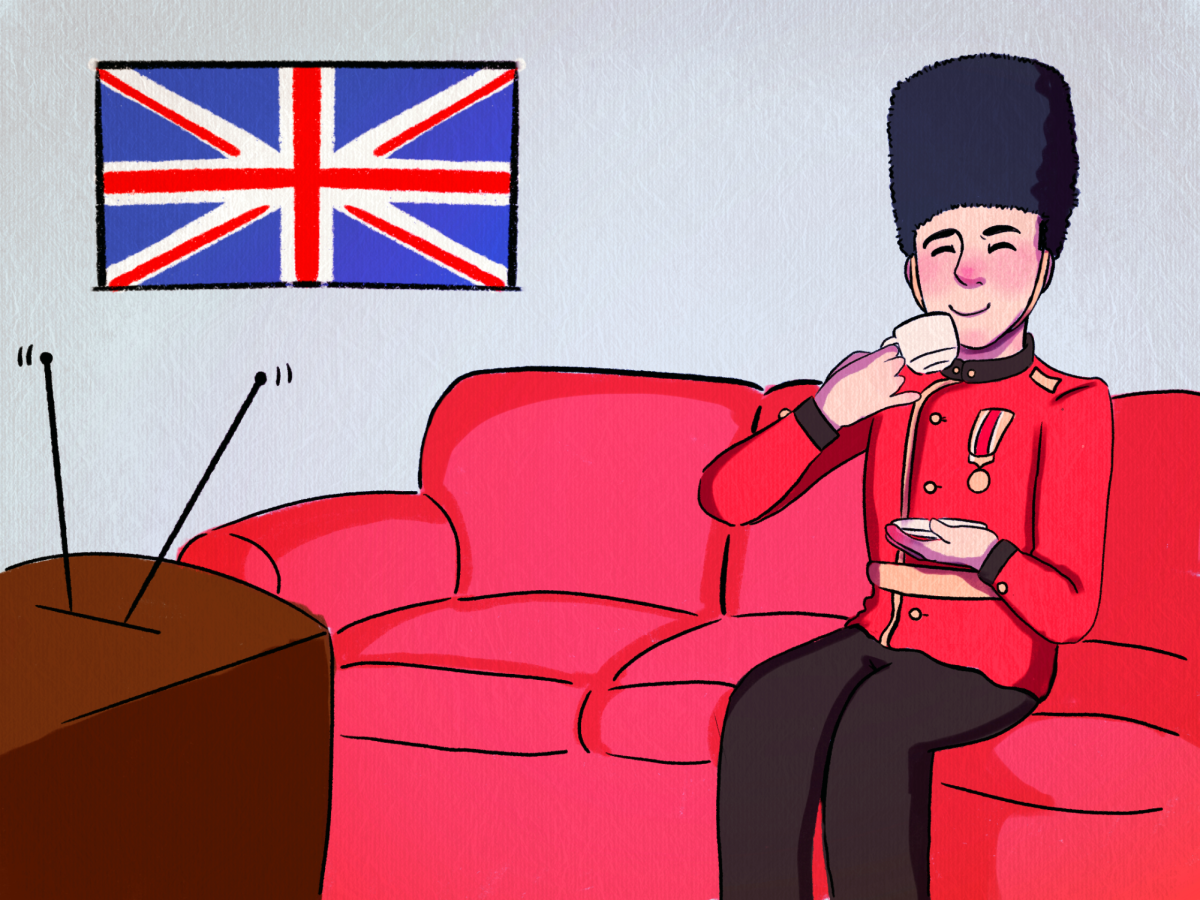It’s January — the time of year when New Year’s resolutions are made, and then subsequently broken. What seems like a spark plug into the new year turns arduous and unappealing. A sad testament to the fickle side of the human spirit, an estimated 80 percent of resolutions fail to make it to the second week of February.
The most common resolutions of all, of course, are losing weight and getting into shape. We all want to be more “fit,” whether to be more attractive to others or for personal long-term health reasons. Consequently, many fad diets enjoy a spike of popularity during the month of January. But if the end result is overall long-term fitness, I would argue that you shouldn’t be on a diet at all. Ever.
Dieting is a huge money-making industry spurred on by marketers and nutritionists alike. Not surprisingly, big name diets such as the Atkins (owned by Roark Group) or Jenny Craig (owned by North Castle Partners) are actually businesses with one foundational goal: to make money. The diet-industry itself is huge; it generates upward of $6 billion in revenue per year.
So we should not find it a drastic stretch that these diets are more concerned with gimmicky quick fixes and fast acting results and less with overall sustainable effects on our health.
Around 45 million Americans went on a diet last year, and while many of them will lose weight, 97 percent will gain back that weight within three years. So all those too-good-to-be-true stories you see on TV are probably, in fact, too good to be true.
It’s actually very common for dieters to gain all their weight (and then some) back when using a fad diet. This, in turn, causes them to crawl back to a different diet, hoping for salvation in the form of a new low-carb granola bar and shelling out even more cash to the diet and nutrition industry.
But don’t lose hope in a healthy and active lifestyle just because brand-name diets are erratic and unreliable. There is a legitimate way to achieve both long-term health and a body that is capable of fulfilling its purpose as a vessel of useful and beautiful functionality.
Forming habits of consistent healthy eating and actual exercise is the only proven way to get healthy.
And I don’t mean a diet, either. Healthy eating doesn’t mean you have to eat a paleo diet or low-fat quinoa every night. Simple consistent consumption of real, unprocessed foods and an uptick in vegetables and fruit intake will give you better long-term effects than a fad diet ever will.
The insightful documentary “Fed Up” illustrates the vile processes that occur behind the scenes in the production of packaged “low-fat” and “healthy” options of various snacks. Many of those foods make up for the lost fat with other sugars and chemicals that are even worse than the original content. Stick to stuff you know cannot be tampered with by additives and preservatives. Pair that with working out a few days a week, and suddenly you’ve created a healthy lifestyle for yourself.
The key word is “consistent.” Eating sugary or fatty foods isn’t terrible every once in a while. Neither is skipping a workout. The key is to make eating healthy and exercising the norm, and the gluttonous ogre living inside of us all something that only appears once in a blue moon.
Even if you are currently content with your body’s appearance, just know that eating healthy isn’t just for looks; it’s necessary for your body to function properly.
Many diets swap true health for weight-loss. All of us could use some more vegetables on our plates, but not just to get a six-pack. They give the body what it needs to function.
So don’t get on a diet — swap the fad for healthy habits and you’ll see real, long-term effects.
Follow Scott Baca on Twitter.








